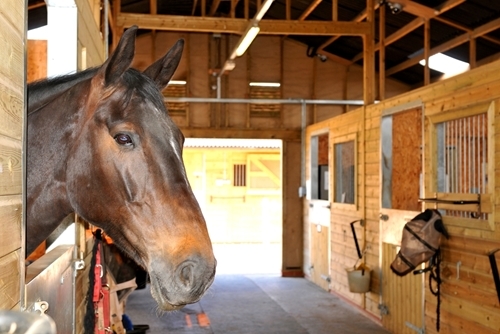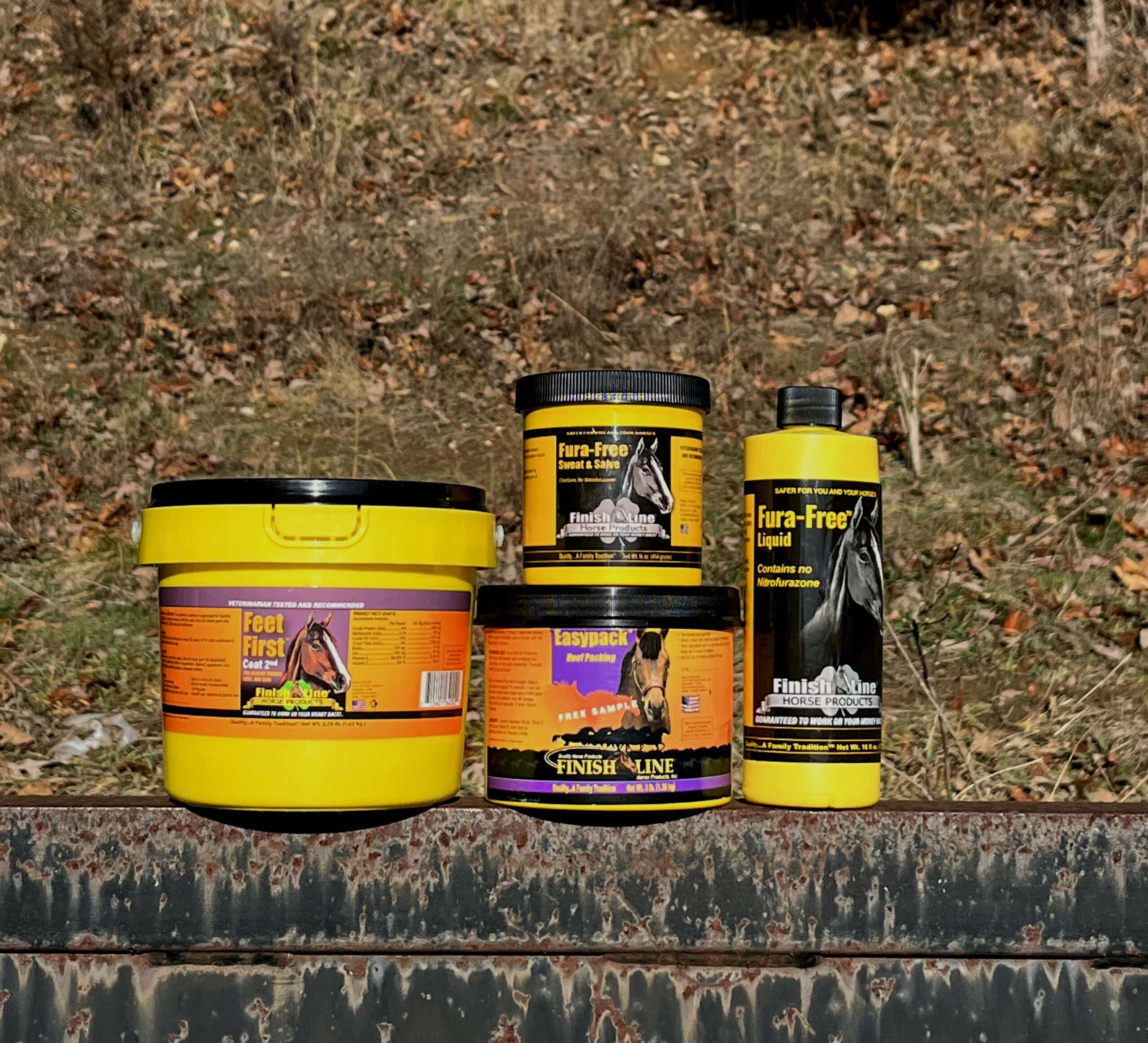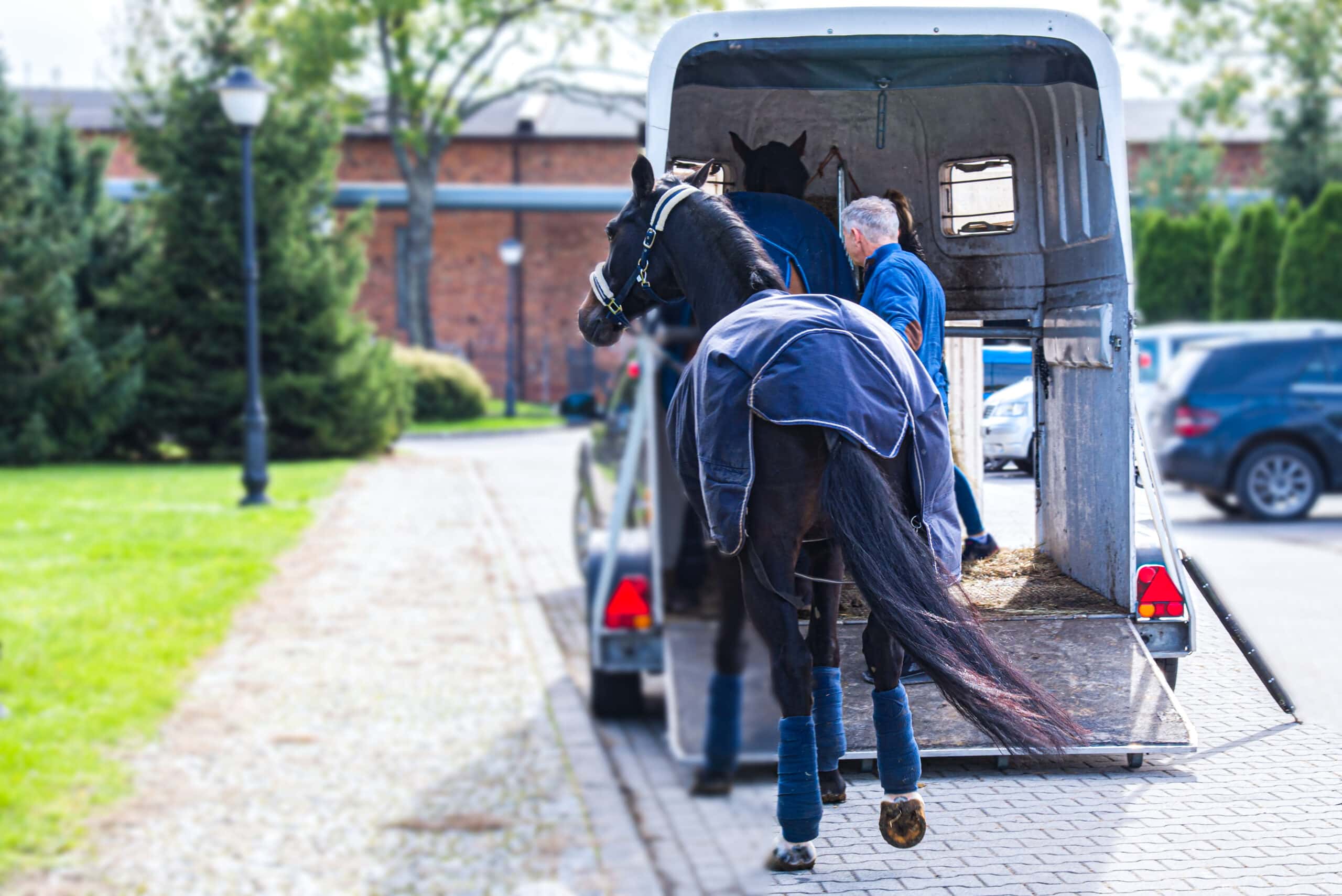Whether you’re riding for leisure or looking to become a breeder, caring for horses is a sizable investment. In many ways, you’ll have to approach this in the same way you would when buying a house, taking time to consider every sorted little detail. Here’s what you’ll want to be aware of before purchasing any equestrian property:
1. Know the land
Different training focuses will require a different kind of land. While flat lands are good for basic horse facilities, you may need to find an area with slopes if you’re involved in endurance training. The Bay Area Equestrian Network suggests looking for land with a gradient between 2 and 5 percent; anything with more than 10 percent is unfavorable to horses and cattle alike. Additionally, slope-heavy areas also have issues with erosion, as improperly flowing water can degrade the land itself. On the other hand, lands that are too flat don’t retain water well, leading to potential flooding concerns during heavy storms. It’s also crucial you consider a balance of access versus privacy: While wooded areas or nearby hillsides can help reduce noise pollution, they might also complicate your comings and goings, or, if there’s ever a fire, access for emergency personnel. Using aerial photos will give you the best idea of your land’s comprehensive layout and water drainage capability.
2. Proper fencing
Creating barriers is essential for any equestrian property to work effectively. Not only does it keep horses in the areas where they need to be, but it informs visitors as to where your property begins and ends. As such, you’ll want to try and create the best such barriers possible. Though they may exude a certain sense of elegance, using herb bushes and the like is mostly impractical, as these can be destroyed or ignored by horses and visitors alike. To that end, you’ll want to ensure that there are wood fences around the entire property, and this can be expensive depending upon the land. According to CostHelper.com, wood fences can run anywhere from $2,500 to $8,000 to enclose just 1 acre. You’ll also need to consider the cost and the benefit of certain woods. While pine is less expensive, it doesn’t have the same natural insect resiliency as the pricier redwood or cedar. There’s also the related matter of security, including the durability of locks and whether you’ll want to use a monitoring system like CCTV.
3. Room for grazing
Some individuals might want to buy as much land as possible in order to optimize their overall financial investment. However, you should only really buy the land that you know you’ll absolutely use. In general, horses only require a certain amount of land for grazing purposes, according to The Horse and Hound. Just 1.5 acres is needed for one horse, while 2.5 acres is enough to sustain two horses. Though smaller lands require less watering and overall maintenance, you’ll still need to be watchful for any mud and manure piling up. To get the most out of your grazing land and its vegetation, it’s a good idea to never let horses feed off the land in the winter. As an extension of this, horses should never graze on grass that is below 3 inches, as this can affect the overall rate of growth. Vegetation can also be used as an indicator of the land’s overall health: Plenty of lush, green shrubs mean there’s a good flow of water throughout the property.
4. Work alongside a professional
Just like buying a house, a seasoned real estate professional will help you find the right property for your needs. Before hiring anyone, though, always do your homework on that individual. That includes checking on their licenses and credentials, which can be done through each respective state’s bureau of real estates or the Association of Real Estate License Law Officials. A truly seasoned real estate agent will never push you into making any decision, and is there simply to help guide you.
One such agent is Anthony Howe, who operates in and around the greater Wellington, Florida area. He can be reached at:
(239) 877-9513 or through his official website.









